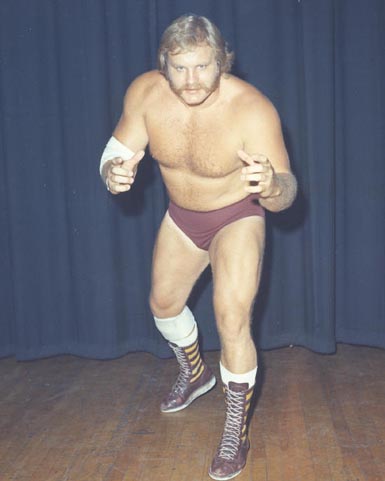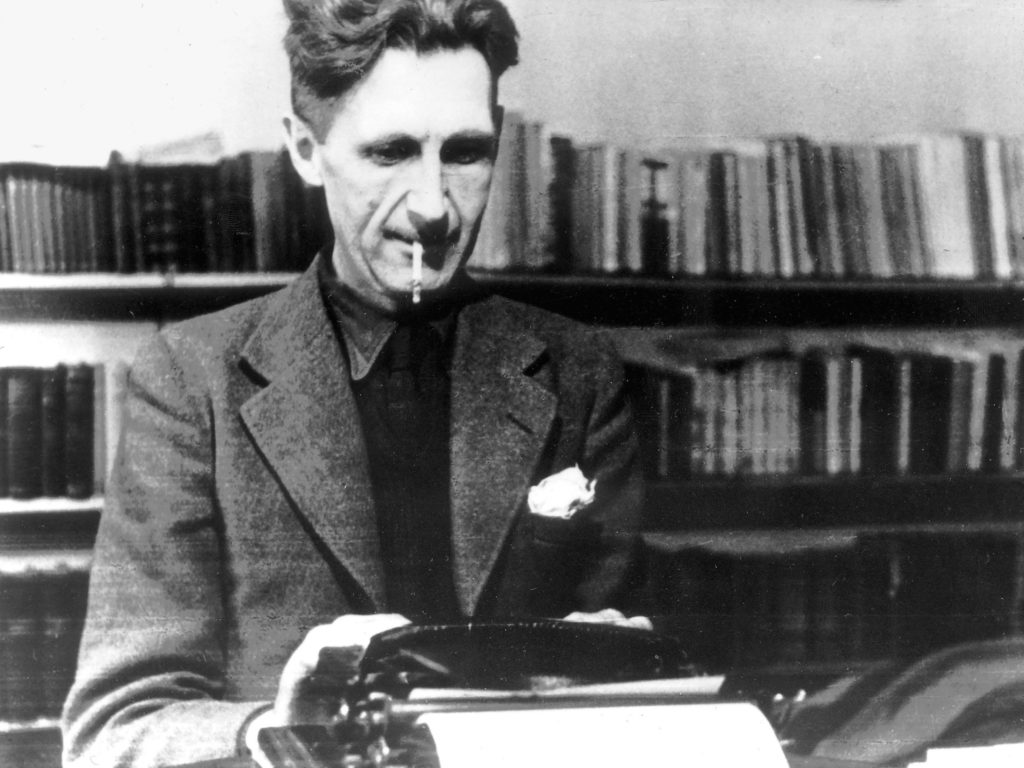I’m reading Twentieth Century Interpretations Of Hamlet: A Collection Of Critical Essays edited by national treasure, David Bevington, who died in 2019. It’s been awhile since I’ve thought about Hamlet and I studied it most closely in high school. My teachers liked to assign it to college bound seniors since Hamlet is a scholar who we meet at a pivotal moment in his life and graduation from high school is often equated with a time when we young people are first asked to make consequential decisions about what we are going to do next.
But, these essays remind me of some things that are easy to forget about Hamlet. Chiefly, he is not some Elizabethan version of Holden Caulfield. He is 30 years old. This is young for a prince, who might envision himself ruling over Denmark for decades starting in his 40s or 50s, ending an aged leader like Lear. But, he was no child. He was a sophisticated, highly eduated adult.
Another misconception I took from my high school years is that Hamlet is a man whose actions are throttled by thought and that this is a story about the dangers of too much philosophy and not enough action. But this is also not quite true. Hamlet is a remarkable swordsman and he is a killer, when pushed. He does not sit trembling in the face of action.
Along those lines, I think that when many of us first read or see Hamlet we have the story ruined for us. We’re told that while Hamlet is away at college his uncle Caludius murders his father the king and then assumes the throne of Denmark and takes Hamlet’s mother Gertrude as his bride. While it’s far too late to complain about Hamlet spoilers, knowing in advance that Claudius is guilty of everything he’s accused of by the ghost of Hamlet’s father can’t help but color how we take in the story and what we think about Hamlet’s character.
It’s easy to forget that from Hamlet’s point of view, Claudius isn’t a known criminal. Hamlet doesn’t know if the ghost is really his father and doesn’t know if he’s dealing with a just request from heaven or some malevolent spirit out to ruin him. Were Hamlet to simply take the ghost at his word and lop Claudius’ head off, we’d have to view him as rash and violent at the very least.
Hamlet, tarred by so many for his inaction, takes an active role in proving Claudius’ guilt, as best he can. There’s the mousetrap play, his own feigned madness and his inteorrogations of his betrothed Ophelia, her father Polonius, her brother Laertes and his own mother. He actively pursues evidence and certainty.
I also wonder if he doesn’t drive himself a little mad. Faking insanity is the best way to lose one’s mind. After all, you are what you think.



